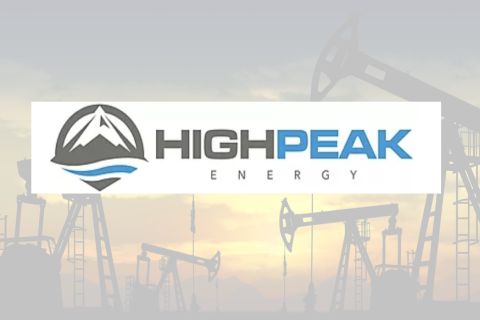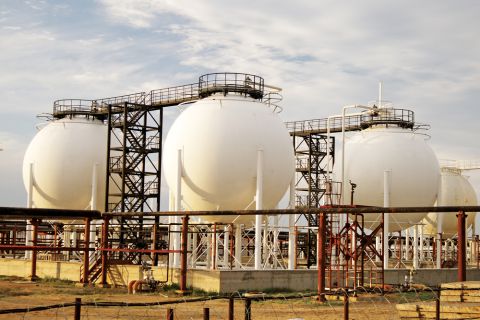Marathon Oil Corp., Houston, (NYSE: MRO) will strengthen its presence offshore Equatorial Guinea with the purchase of privately held Houston-based Globex Energy Inc. for $155 million. Marathon launched its Equatorial Guinea focus in January with the purchase of Dearborn, Mich.-based CMS Energy Corp.'s (NYSE: CMS) interests there for about $1 billion. Clarence P. Cazalot Jr., Marathon president and chief executive officer, expects the Globex assets will play a role in Marathon's integrated-gas strategy. Globex's assets include 38 million barrels of oil equivalent (BOE) of proven reserves of which 35 million are in the Alba Field offshore Equatorial Guinea, and the rest are in the Stag Field offshore Australia on the Northwest Shelf. The deal will boost Marathon's interest 10.9% in the Alba Field, to total 63.3%, and give it a 12.5% interest in the Stag Field. Daily production will improve by 6,200 BOE, with 4,000 from Alba and 2,200 from Stag. Also, Globex comes with a 9% interest in the Bioko Island liquefied petroleum gas (LPG) facility, so Marathon's share will total 52.2%; and a 9.4% interest in exploration Block D offshore Equatorial Guinea, making Marathon's share 47%. Globex also brings a 19% interest in one exploration block and a 15% interest in two additional blocks in the Carnarvon Basin on the Northwest Shelf of Australia. Globex planned to merge last year with Tulsa, Okla.-based Apco Argentina Inc., which is majority owned by The Williams Cos. (NYSE: WMB), but the deal did not close. Standard & Poor's Corp. said it is concerned with Marathon's reliance on debt to fund its steady stream of acquisitions during the past 18 months, and any further reliance solely on debt to finance deals will likely result in a negative outlook, a rating downgrade or both. Cazalot, speaking at Banc of America Securities LLC's recent energy conference in New York, said the company's debt-to-capital ratio after the Globex deal would remain at about 47%. His goal is to reduce the ratio to the low 40% range in the near future, and he is committed to not let it exceed 50%. Marathon has been restructuring to focus on core areas, which include Equatorial Guinea, Alaska, western Canada, gas plays in the Lower 48, Norway and deep waters of the Gulf of Mexico, Nova Scotia and Angola.
Recommended Reading
US Raises Crude Production Growth Forecast for 2024
2024-03-12 - U.S. crude oil production will rise by 260,000 bbl/d to 13.19 MMbbl/d this year, the EIA said in its Short-Term Energy Outlook.
Iraq to Seek Bids for Oil, Gas Contracts April 27
2024-04-18 - Iraq will auction 30 new oil and gas projects in two licensing rounds distributed across the country.
For Sale, Again: Oily Northern Midland’s HighPeak Energy
2024-03-08 - The E&P is looking to hitch a ride on heated, renewed Permian Basin M&A.
E&P Highlights: Feb. 26, 2024
2024-02-26 - Here’s a roundup of the latest E&P headlines, including interest in some projects changing hands and new contract awards.
Gibson, SOGDC to Develop Oil, Gas Facilities at Industrial Park in Malaysia
2024-02-14 - Sabah Oil & Gas Development Corp. says its collaboration with Gibson Shipbrokers will unlock energy availability for domestic and international markets.



